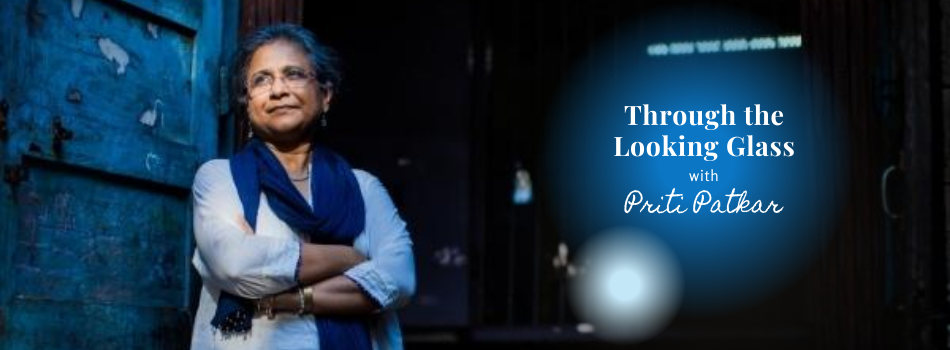
Mainstreaming the Marginalised
Priti Patkar
CO-FOUNDER AND EXECUTIVE SECRETARY
In this series, our co-founder Priti Patkar shares her thoughts, learnings, and challenges of working with child protection for over 33 years.
Recently, many of our children cleared their 10th and 12th examinations. The thing about the children who we work with is that they fight against all odds and win against those odds. We share their stories because their struggles are unique but while sharing this, while we may share about their background, we respect their privacy and don’t share any markers that may identify them. It’s important that people understand boundaries and the need to respect them.
Often, when it comes to the children and the youth with a background like the sex trade or the redlight area, people feel the opinion of these youth, and their choices don’t matter. People don’t believe in offering them choices, they don’t feel the need to call them to the table, or to pass the mic. People also often don’t let them forget their past and let them have a fresh start. I feel it’s important to let them decide, and make their choices.
I remember a case where a girl of fourteen was fond of a boy from her class. This was labeled as a ‘love affair’ and I was called and told in front of her that “sex runs in her blood, instead of studying in school, look at what she is doing”. In my many years of working on the field, I have realized that these children don’t want to be pitied, they look for empathy in people, and a safe space for themselves – a place where no one will judge them, a place where they will not experience stigma. In this case, the school had failed to be one.
I remember another instance where, once a girl in an interview for a training program, asked us if she was being considered for the interview because of her background, and before we could answer, she said if that is the case she would not want to go ahead. They want what is due to them. They would not like to make redlight areas, and tags like ‘born in the brothels’ as their only identity, and they would like to choose if, when, and how, they want to disclose their identity or not. They want to see a society where their past will not be spoken about all the time and their presence will not be all the time linked with their past and their mothers being the sex trade.
“My special background should not be my identity for too long” – this is what the children and youth with whom we work, tell us. They want society to respect their privacy and extend confidentiality. At the same time, they desire a society where they don’t have to hide their special background all the time.
To be or not to be? Questions on motherhood searching answers
The blog post was first published on Dr. Pravin Patkar's Blog 'Expressions'. The post sheds light on the impact and Read more
In the current COVID and lockdown situation, one of the adversely affected communities is the migrant communities. Our Sanmaan project Read more



